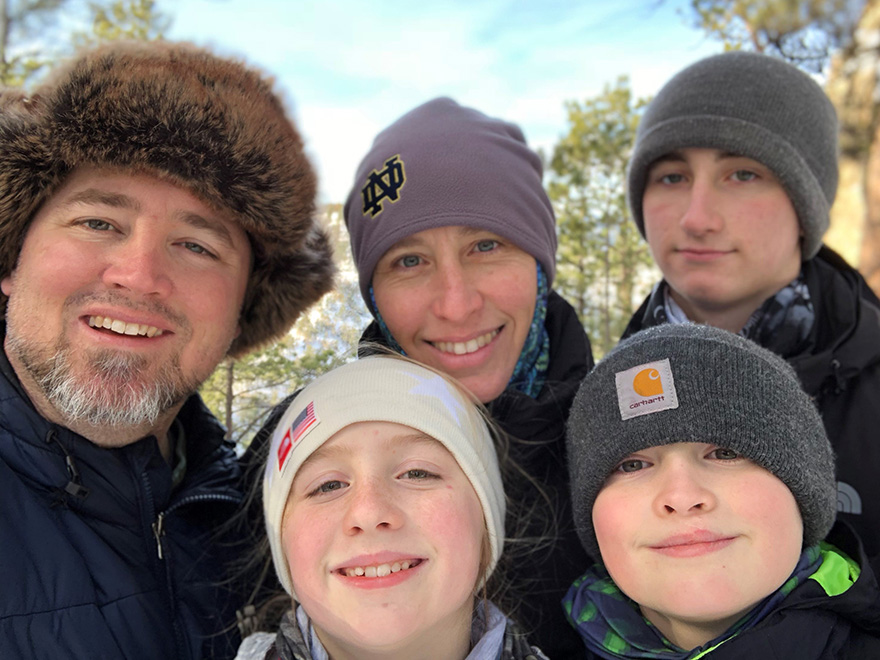Summer (Formation) Routines
Some years ago, we established a practice of “summer routines” with the children.
It started with the confluence of two small events: my realizing the children needed to do some structured work to retain a bit of their learning during the summer so they were not on their heels when the school year started up again, and the children expressing their desire to fill the days, weeks, and months of summer with all kinds of screen time. So we brokered a deal exchanging summer workbook pages for minutes of screen time.
Over the years as the children get older and can handle more responsibility, this brokering has evolved and grown. At the beginning of summer — pretty much the day after school ends — we sit down and talk through the parameters of the “summer routine.” We share our expectations for their activity and use of time including workbook pages, outside time, music practice, and physical activity. They listen and then propose what they think their screen usage should look like. They are getting increasingly savvy at this and often there are negotiations involved until we all arrive at a mutual agreement.
This summer’s version of the plan requires the younger children to:
- get themselves up at a reasonable hour, eat breakfast, get cleaned up (dress, brush teeth, comb hair) and make their beds.
- do one workbook page, one set of school assigned summer math, and read.
- practice their respective musical instrument for at least 15 minutes.
- play outside for at least an hour.
- participate in 30 minutes of home-based “summer sports camp” (each week Josh or I lead them through games and drills in a different sport like soccer, basketball, volleyball or baseball).
This summer’s version of the plan requires our high schooler to:
- get himself up at a reasonable hour (significantly later than the young ones, it turns out), eat breakfast, shower and dress, and make his bed.
- do a chapter in his SAT prep book and some of his school assigned summer reading.
- practice with his cross country team or do a workout of his own at home.
- find a part-time job and work outside the house.
Once they have completed each of the tasks in their routine, they earn one hour of personal screen time for the day which can be applied to the computer, iPad, or Wii.
Joshua and I feel it is our job as parents to help our children understand the many diverse elements that go into a good balanced life: developing their minds, their bodies, their creativity, and their connectedness to nature. They might not necessarily choose these things on their own, being more easily wooed by the hyper stimulation of screens,so it is our responsibility to consistently expose our children to them.
The reality is the children move through their work surprisingly quickly in order to have access to their screen time as early as possible in the day. But they recognize the value in what we are asking of them. They choose what do to and when to do it. They get to experience the weight of delaying, or not following through on their responsibilities for themselves.
When they exhaust their activities and screen time by afternoon, they are sometimes bored with seemingly nothing to do. And that’s not a crime. It’s actually important for them to have time to ponder, to wonder what to do, to daydream. It leads them to pick up something to entertain themselves, to make a choice about what to engage.
And really that is the whole point of the process – informing their choices, stimulating their options, and growing their agency. Agency is really just another way of saying personal freedom. But it is a particularly Catholic flavor of freedom, one that points us to a deeper, fuller humanity.





